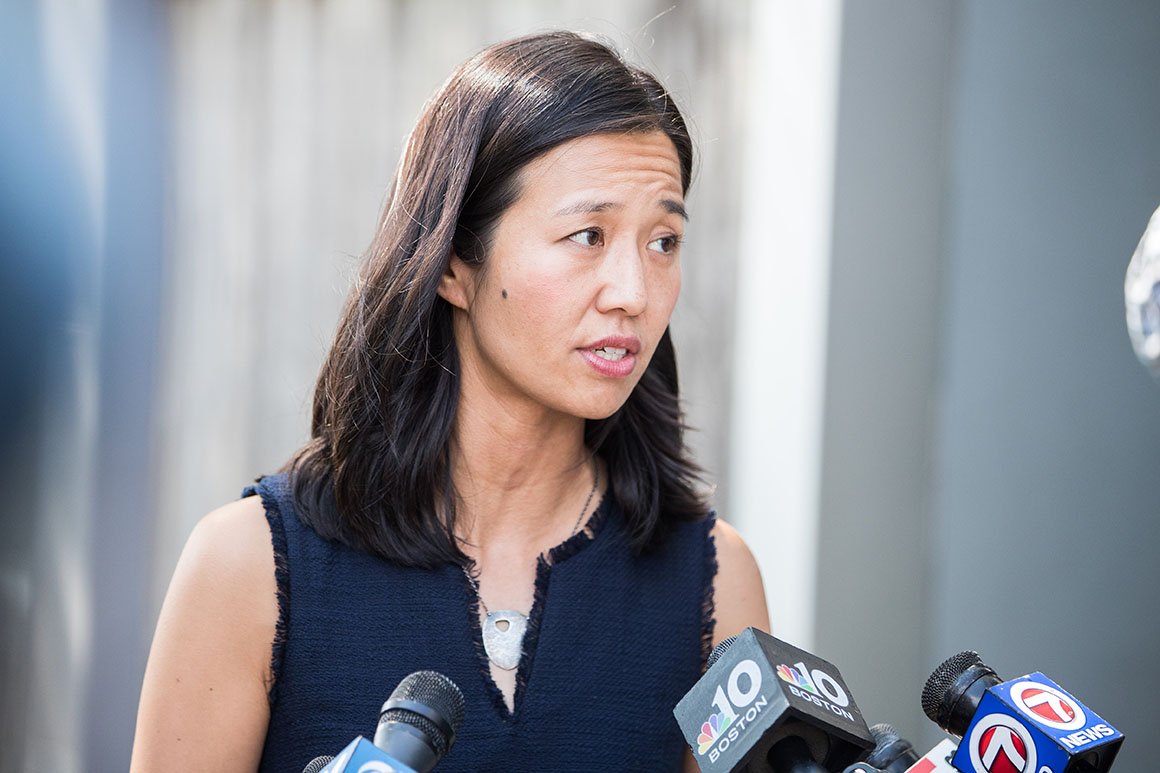
In an interview, Pureval said when he started his first campaign for office in 2016, some fellow Democrats tried to persuade him to not run at all for fear that his background and name made him unelectable. Now, Pureval says he’s shown that his track record is most important — and people have gotten past seeing his background as a negative, too.
“[Everybody] would tell me, ‘There’s no way a brown guy named Aftab is going to win a county-wide seat in Cincinnati,” Pureval said. He added: “Now people tell me, ‘I can’t run and win because my name is Joe Smith.’ So there’s a tipping point by which our community’s perceived weakness turns into a real strength, but it takes a lot of time and a lot of effort to get to that point.”
About 6 percent of the U.S. population is AAPI. But despite recently setting records for congressional representation with 18 AAPI senators and House members — a shade above 3 percent of Congress — representation at the city level lags even further behind the population numbers. Just around 2 percent of elected city officials were Asian American as of 2020, according to the Reflective Democracy Campaign.
AAPI candidates running for high-profile local races is a “slightly newer dynamic,” said Varun Nikore, executive director of the AAPI Victory Alliance, an organization focused on mobilizing and educating voters.
“Over the long term, we’re going to need a very, very long local bench for us to have more in Congress and more AAPI governors,” Nikore said, adding that joining public service at a high level could continue to grow as a notable profession among Asian American communities.
But the act of running for office in the first place has been a systemic barrier for members of AAPI communities, according to Madalene Xuan-Trang Mielke, president of the Asian Pacific American Institute for Congressional Studies, a nonprofit that helps Asian candidates. People may have the motivation to run for office, she said, but may be put off by traditional “rules of engagement” for elections or a lack of resources.
Pureval, Wu and Harrell — all three are Democrats, though their elections are technically nonpartisan — have all held elected office for several years, coming into their mayoral bids already well-known in their communities. There are perceptions that AAPI candidates can’t run or win because they don’t have enough Asian Americans in their district, Mielke said, but the data shows that most current national and local AAPI leaders represent regions that are not majority-Asian.
 RSS Feed
RSS Feed















 October 9th, 2021
October 9th, 2021  Awake Goy
Awake Goy  Posted in
Posted in  Tags:
Tags: 













